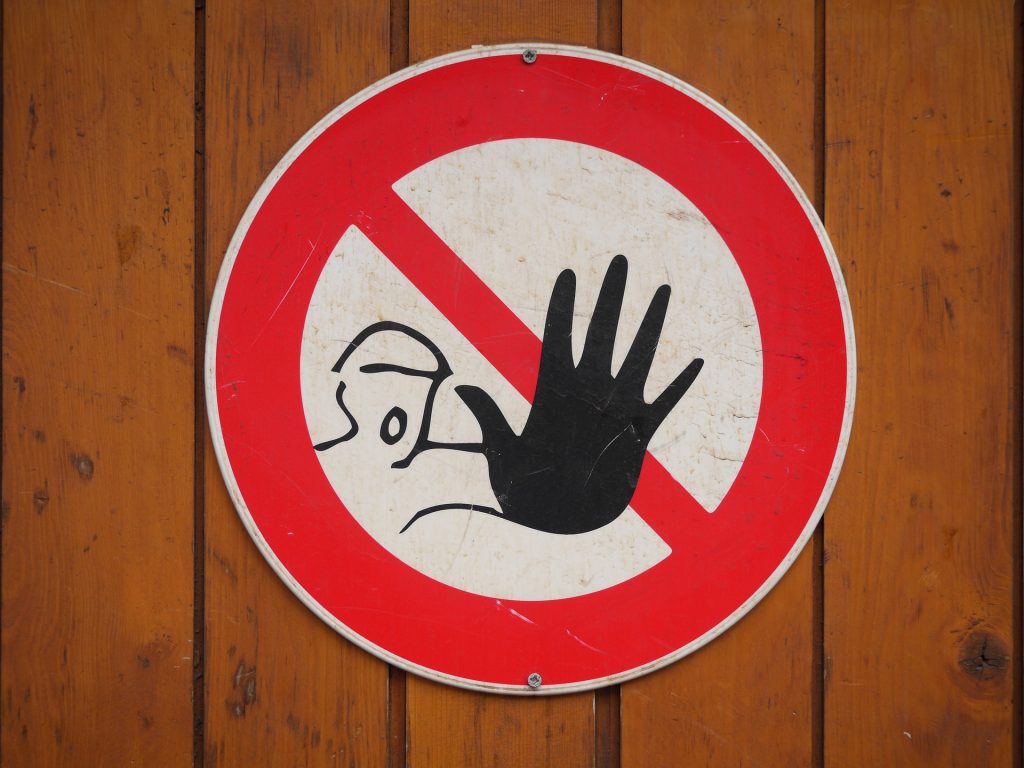‘Striking off’ is another business term that can have negative connotations if misunderstood.
Unlike a dodgy doctor being ‘struck off’ and not allowed to practice any more, striking off is the perfectly legitimate process of removing a Limited Company from the register by Companies House.
It effectively marks the company non-existent. It sounds like a straightforward way to close down a business and to an extent, it is – but is it that simple, and are there any drawbacks?
Setting up a company on Companies House is straightforward and there are lots of businesses out there that can assist with this process for a relatively small charge. Most company directors don’t know that it’s also relatively easy to remove a company from the register (strike off) where the company is ultimately dissolved.
The company:
● Must not have traded or sold off any stock in the last three months
● Must not have changed names in the last three months
● Must not be threatened with liquidation
● Must not have any agreements with creditors, eg a Company Voluntary Arrangement (CVA)
It is an offence to submit an application to be struck off the register if the business doesn’t fit the above criteria.
What’s the process?
Directors simply apply for the company to be struck off the register by submitting a ‘DS01’ form with the required fee of £10 to Companies House. They then also need to send a copy of the application to all known creditors which gives creditors the ability to register an objection to this process, should they so wish.
If no objections are received, the Registrar will remove the company from the register within two months of the notice being issued.
Notice must also be given to shareholders, employees, all directors and any manager or trustee of any company pension fund.
If you don’t inform everyone above, you can face a fine and possible prosecution.
Sounds simple – what can go wrong?
Creditor objection
Usually a creditor would object if they have an outstanding liability with the company and believe that the company has sufficient assets to repay the debt.
HMRC may also object if the company’s tax affairs are not up to date such as returns being overdue. Let’s face it, would you allow a company to close if you didn’t know how much it owed you?
If an objection is received, the director is notified by Companies House and the process is suspended.
The director could rectify this issue – for example, by submitting their returns to HMRC or paying an outstanding creditor – and continue the process. We strongly advise speaking with a trained professional at this point to ensure that any steps taken are the right ones.

The company has outstanding liabilities
It is a well-known fact within the insolvency industry that some company directors attempt the strike off process even when the company has outstanding debt. Sometimes, if the debt isn’t ‘significant’, then a creditor may not object and the company is simply struck off the register. Once a company is struck off, it no longer exists and creditors cannot chase for their debt.
Please bear in mind though, that a creditor could restore the company back to the register for a period of up to six years. This would only usually occur if the creditor believes there are sufficient assets that could be used to cover costs and repay some if not all of their debt.
Seeking professional advice is essential, company directors need to know all of the advantages and disadvantages of any course of action when dealing with their limited company.

You could miss out on redundancy
Not a lot of directors know that if they were to use the liquidation process as a solution to closing their company, they may be entitled to a redundancy claim, just as any employee would. If they ever had a contract of employment or received wages or salary through PAYE, then they could be identified as an employee too.
We have recently seen directors’ redundancy claims as high as £10,000, which would be a huge loss to a director if they simply struck the company from the register. A director is not able to claim redundancy if the company is dissolved using the strike off route.
A redundancy claim is paid out of the National Insurance fund through the Redundancy Payments Office and is paid straight to the director and not into the liquidation.

Here at JT Maxwell, we offer free initial advice to all Accountants, Solicitors, business owners, company directors and individuals. We want to make sure that anyone seeking assistance is fully informed prior to making any decision; we also hold your hand throughout the whole process.
For a free consultation, please call our office on 01457 605871.
Click here for further information on the strike off process.
Let us know what you thought of this article and if you have any questions or ideas for new blog topics. Join the conversation over on Twitter, Facebook, Linked In and Instagram, or drop us a line to info@jtmaxwell.co.uk




